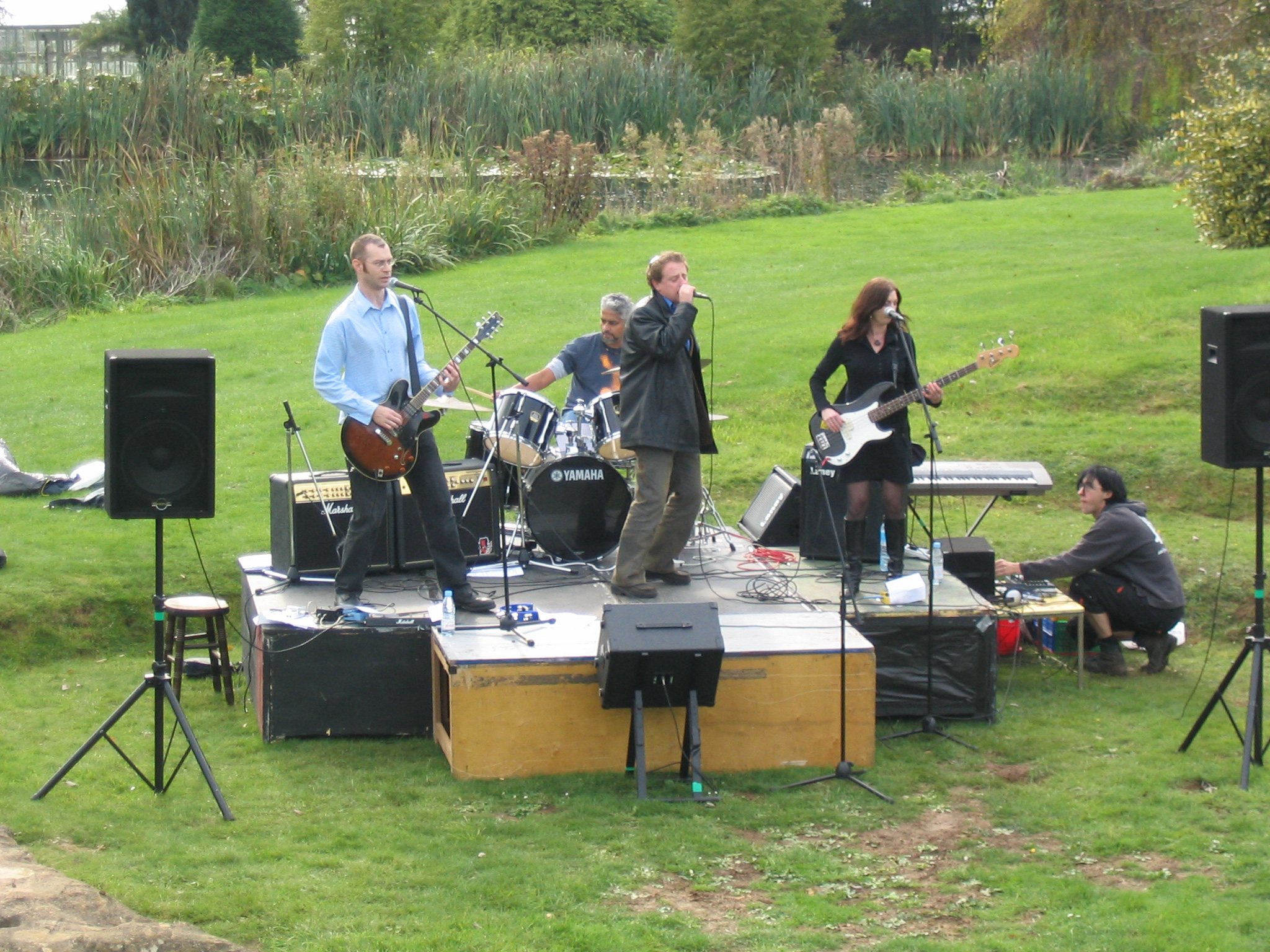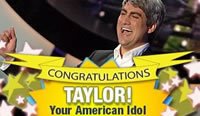Tidying up ..
Well I've been back at work for a few weeks now since the workshop. Had a great time as always. This was the first time I've tried to blog an event more or less as it's happening. My inability to touch type really let me down as I suspected. I was only really just getting basic notes down and not really reflecting on things with a personal perspective as Owen manages to do with his blog which would make it more interesting for the reader. The original idea for doing it was to help me with the write up for Ariadne 'At the Event' article and I think it will do the job for that at least. Owen suggested that it would be tricky for non-attendees to get much from it and I guess he's probably right there.
Anyway - I suspect this will be the last post for this blog so hopefully see you at York Univ for IWMW 2007.

 Feeling very sluggish today. Just got back from holiday in California and still suffering from jet lag. The final of
Feeling very sluggish today. Just got back from holiday in California and still suffering from jet lag. The final of 



